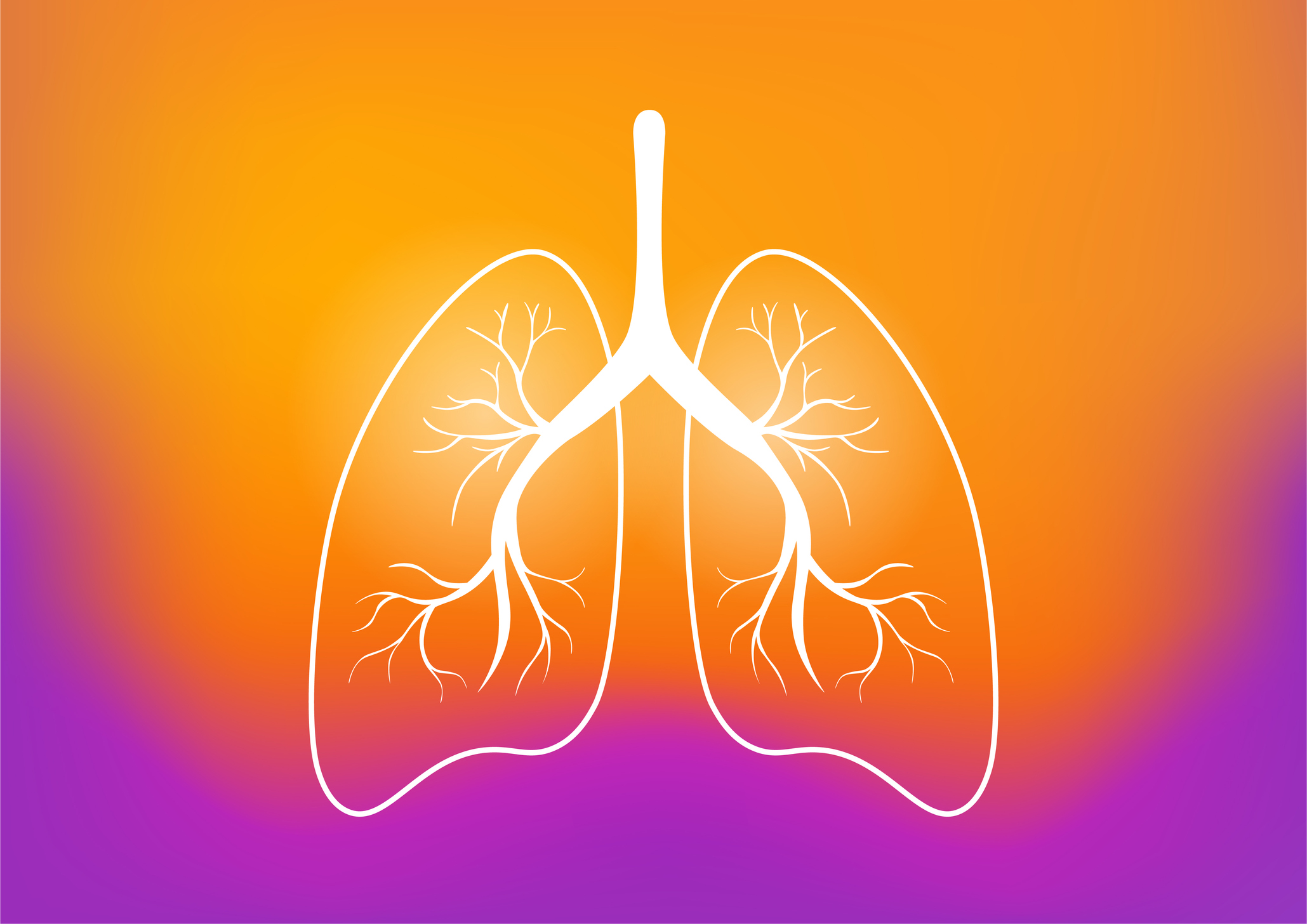Get Easy Health Digest™ in your inbox and don’t miss a thing when you subscribe today. Plus, get the free bonus report, Mother Nature’s Tips, Tricks and Remedies for Cholesterol, Blood Pressure & Blood Sugar as my way of saying welcome to the community!
One more risk of too little exercise: Pneumonia

Winter is here and with it, so is the season for respiratory infections.
With everything from flu to Covid-19 lurking, your chances of getting sick and ending up with pneumonia are higher than at any other time during the year.
Luckily, according to researchers at the University of Bristol, there’s an easy way to reduce your risk of developing and dying from pneumonia. And all it takes is doing something that is already recommended for your overall health, as well as your waistline…
The intervention that works across all age groups and sexes
So what was the intervention that could save you from pneumonia and save your life?
The researchers delved through the information from all published studies to date on the relationship between regular exercise and the risk of developing pneumonia.
And the results were clear…
People who exercise regularly have a lower risk of developing pneumonia and pneumonia-related death compared to those who are the least or not physically active.
And the relationship was true across all age groups, sexes, socioeconomic levels and more. In fact, the reduced pneumonia and death risk held true in the face of changing body mass index (so being overweight or obese didn’t change the protection it offered), alcohol consumption, smoking and pre-existing disease.
And that last one is especially important, we’ve learned that pre-existing conditions from lung conditions to diabetes can make you an easy target for Covid-19 and the pneumonia that can result.
So if you want to avoid pneumonia this winter, exercise could be the best prescription.
Although the study wasn’t able to determine the amount and intensity of activity that’s essential to keeping your lungs at their best and circulating viruses and bacteria at bay, some of the results suggested that walking for 30 minutes once a week has a protective effect on death due to pneumonia.
More pneumonia protection tips for a safe, healthy season
And there’s more you can do to keep from suffering a bout of pneumonia.
Here are some easy tips to get you started:
- Take vitamin E – Lab tests at Tufts University indicate that extra vitamin E can significantly increase the immune system’s ability to combat bacterial infections linked to pneumonia.
- Add in zinc – One study found that mice that didn’t get enough of this mineral succumbed to Streptococcus pneumonia – the bacteria that causes pneumonia – three times faster than mice with adequate zinc levels.
- See your dentist – Researchers from Virginia Commonwealth University found that regular dental visits can reduce your risk of developing pneumonia by an astounding 86 percent.
- Pump up your probiotic protection – One type of bacteria found in your gut also provides protection for your lungs, making it clear that eating probiotic-rich foods (or adding in a high-quality probiotic supplement) is a must for healthy lungs.
- Make sure you get plenty of the sunshine vitamin. Low vitamin D status is associated with increased risk of pneumonia, greater disease severity and poorer outcome.
Finally, it’s important to note that cadmium is a heavy metal that can make a bout with pneumonia more severe. So be sure to be aware of sources of cadmium in your diet and consider taking a phytonutrient found in cruciferous vegetables that helps chelate pollutants from your body.
Editor’s note: There are perfectly safe and natural ways to decrease your risk of blood clots including the 25-cent vitamin, the nutrient that acts as a natural blood thinner and the powerful herb that helps clear plaque. To discover these and other secrets of long-lived hearts, click here for Hushed Up Natural Heart Cures and Common Misconceptions of Popular Heart Treatments!
Sources:
Regular exercise reduces the risk of and death from pneumonia, study suggests – University of Bristol














